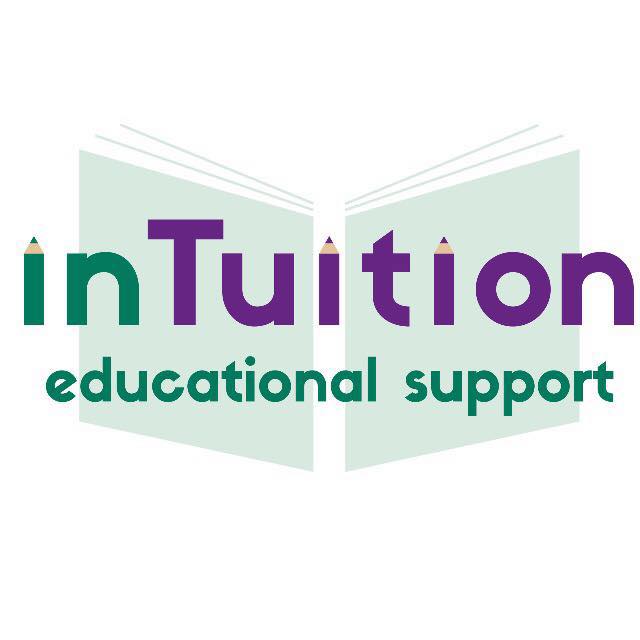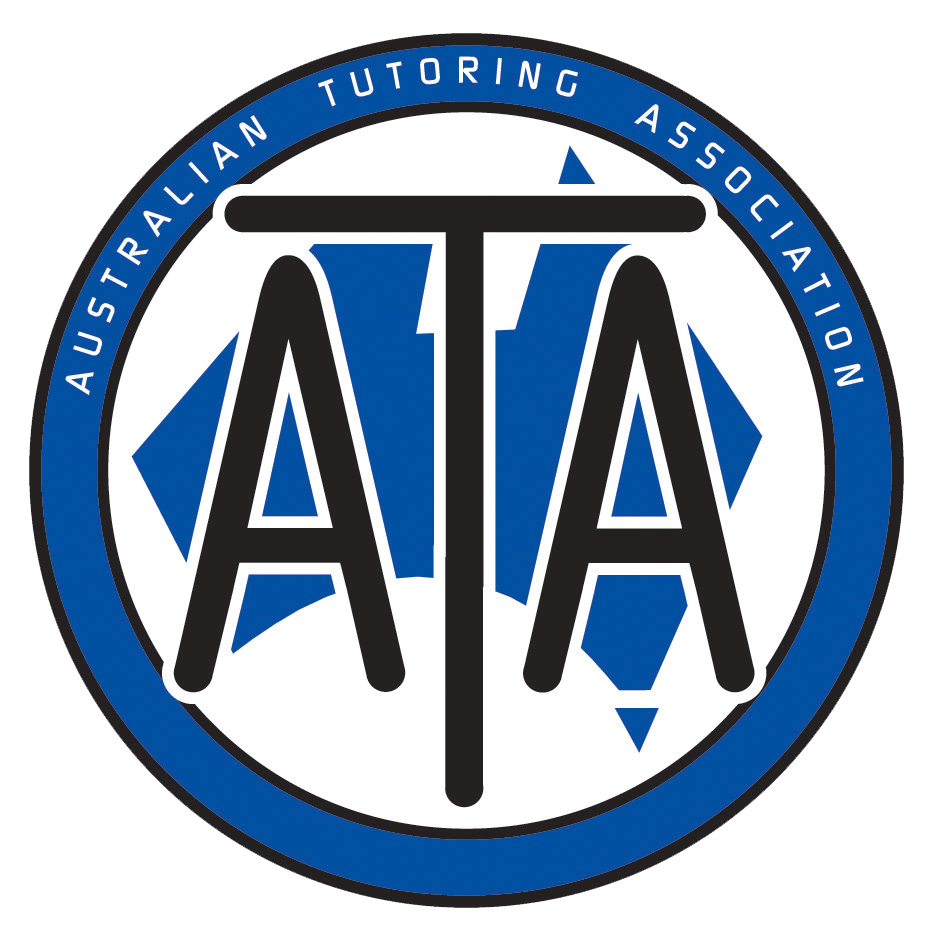
In a constantly changing world, as educators it is paramount that we support children to be independent life-long learners. However, this notion is not limited to the classroom. It extends into the home, on the sporting ground and into out of school extra-curricular activities. In every aspect of a child's life they are faced with decisions and presented with ways to solve problems which can be solved.
Two key components involved in solving problems are developing critical and creative thinking skills. In its most simplest form creative thinking is the thinking we do to generate ideas, to present suggestions, images, or experience in unique ways. Whilst on the other hand, critical thinking is the thinking we do when we judge ideas, and provide evidence and logical arguments. According to the
Australian Curriculum
the two can be linked and are interchangeable bringing complimentary dimensions to thinking and learning.
Critical and creative thinking is a component of the general capabilities that students should develop throughout their schooling lives and teachers are expected to teach and assess these general capabilities and incorporate them within learning area content.
Typically by the end of early childhood learning, students should be able to pose factual and exploratory questions based on personal interests and experiences, identify and describe familiar information and ideas during a discussion or investigation and gather similar information or depictions from given sources. On the other end of schooling by year 10, a student should be able to critically analyse independently sourced information to determine bias and reliability, clarify complex information and ideas drawn from a range of sources and pose questions to critically analyse complex issues and abstract ideas.
That's a great deal of thinking to develop between the ages of six and sixteen! Often what can happen in-between these years, is that students may not fully grasp these skills and fall short of developing the more critical skills required in senior high school years. For example when writing extended essays and analytical reports. An Intuition Educational Support tutor has the training and expertise to encourage both creative and critical thinking for students. Don't get caught behind the eight ball. Contact us to discuss our programmes and how they can help develop these skills.















